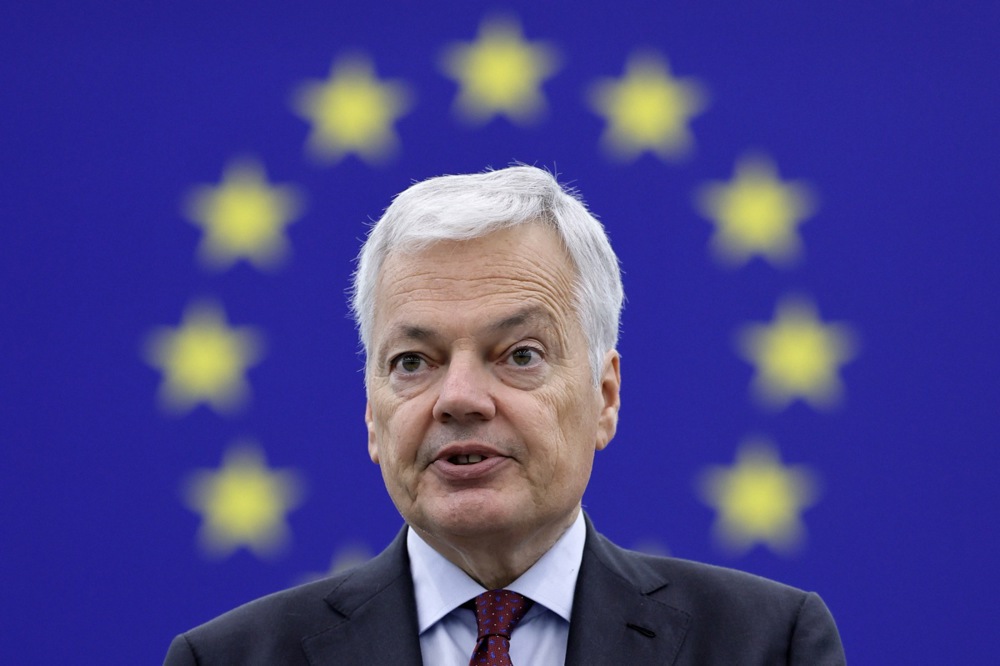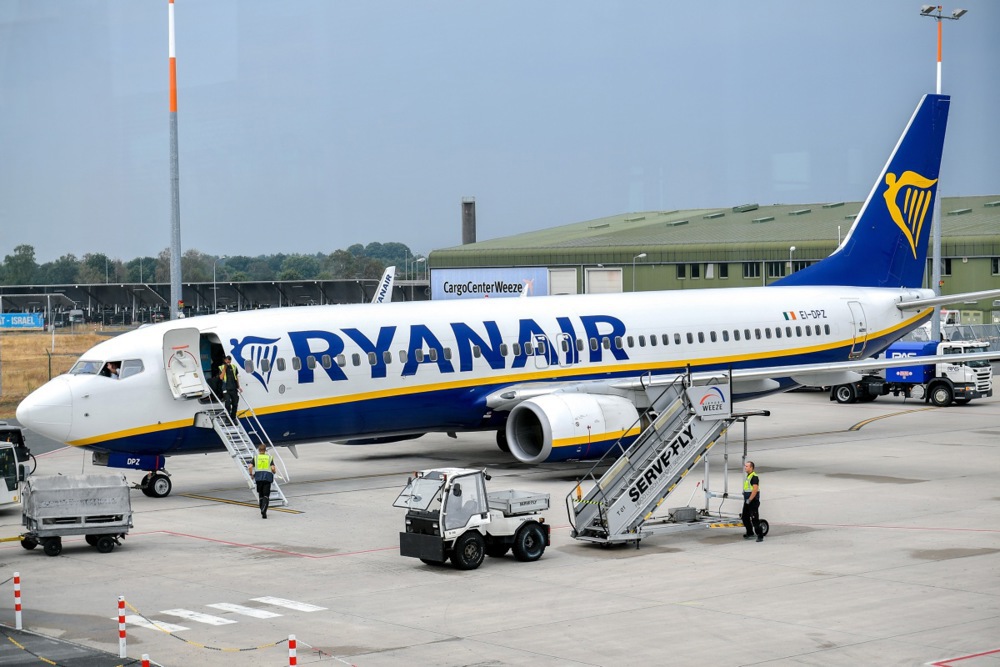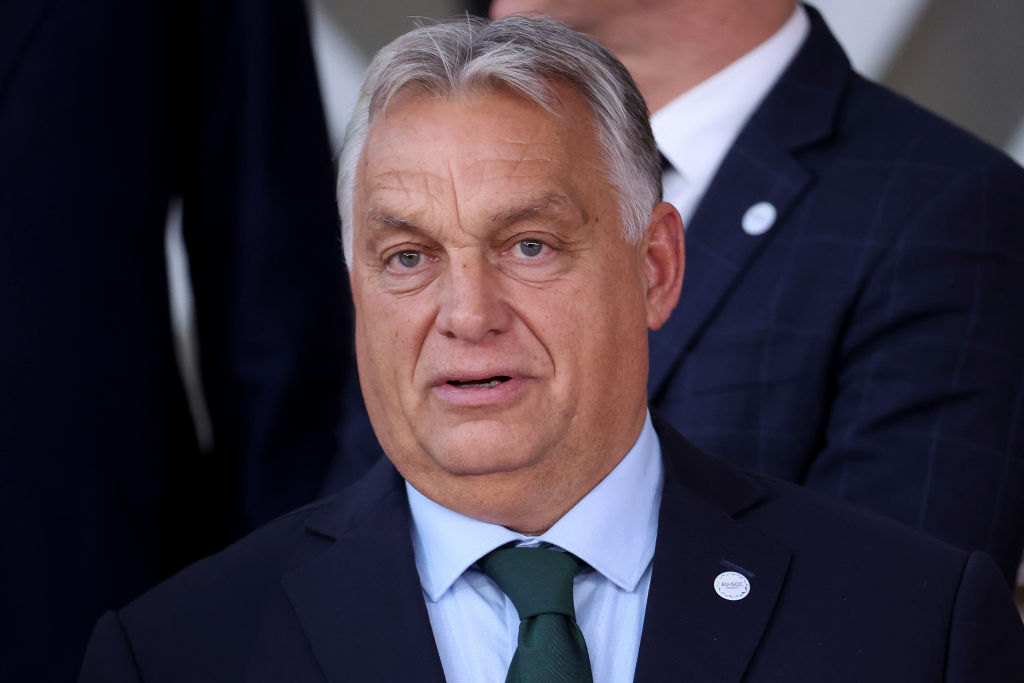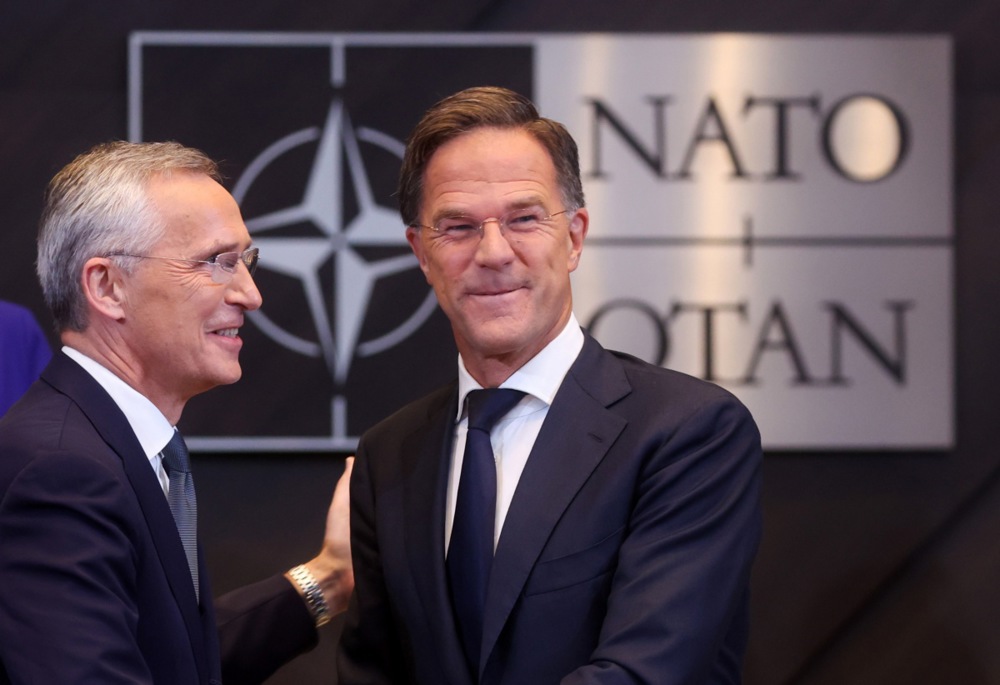The European Union is preparing to respond amid escalating clashes between protesters and police in Georgia.
On December 9, EU Ambassador Pawel Herczynski labelled the police action as “unacceptable” and indicated that a sanctions package could be unveiled as early as December 16, underscoring the bloc’s growing alarm over the situation in Georgia.
The unrest began after the ruling Georgian Dream party announced on November 28 that EU accession talks would be suspended until 2028, sparking widespread anger in the South Caucasus nation, where many want EU membership.
On November 29, more than 100 Georgian diplomats condemned the decision in an open letter and several ambassadors resigned in protest.
Nightly demonstrations have since taken place across the country, with riot police using water cannon and tear gas to disperse crowds. The clashes have left scores of protesters and police injured and over 300 people have been arrested.
The country’s public ombudsman has accused law enforcement of torturing detainees, a charge the government denies, defending its actions as necessary to maintain order.
Herczynski condemned the “absolutely unacceptable” alleged brutality, stating: “We see the people on the streets, we hear their voices and we are shocked by the violence.”
He emphasised that the EU was nearing a critical decision, signalling that sanctions may be imminent.

Georgia is now facing increasing and widespread accusations that its government is pivoting toward Russia. This potential shift has drawn scrutiny from Moscow, Brussels, and Washington.
While the EU has criticised the Georgian Government’s actions, it has yet to impose sanctions or revoke the visa-free travel Georgians have enjoyed since 2017.
The UK has also responded, announcing it would limit engagement with the Georgian administration and suspend defence co-operation over the reports of police violence.
Georgian Dream, which secured almost 54 per cent of the vote in the October 26 parliamentary election, faces allegations of electoral fraud from the opposition parties.
President Salome Zourabichvili, an independent pro-EU critic of the ruling party, has backed the protests, with her describing them as a push for new elections rather than revolutionary.
Prime Minister Irakli Kobakhidze of Georgian Dream has dismissed the protesters as agitators seeking a Maidan-style uprising. That was a reference to the 2013-14 unrest in Ukraine, particularly protests in Kyiv’s Maidan central district, over then-president Viktor Yanukovych’s sudden decision not to sign the EU–Ukraine Association Agreement and move towards Russia instead.
In response to the Georgia demonstrations, lawmakers are said to be considering banning fireworks after some protesters reportedly fired them at police.
EU does not want a member state in Georgia, it wants a client state, writes Anthony J. Constantini https://t.co/N44WD7xOuT
— Brussels Signal (@brusselssignal) December 6, 2024





